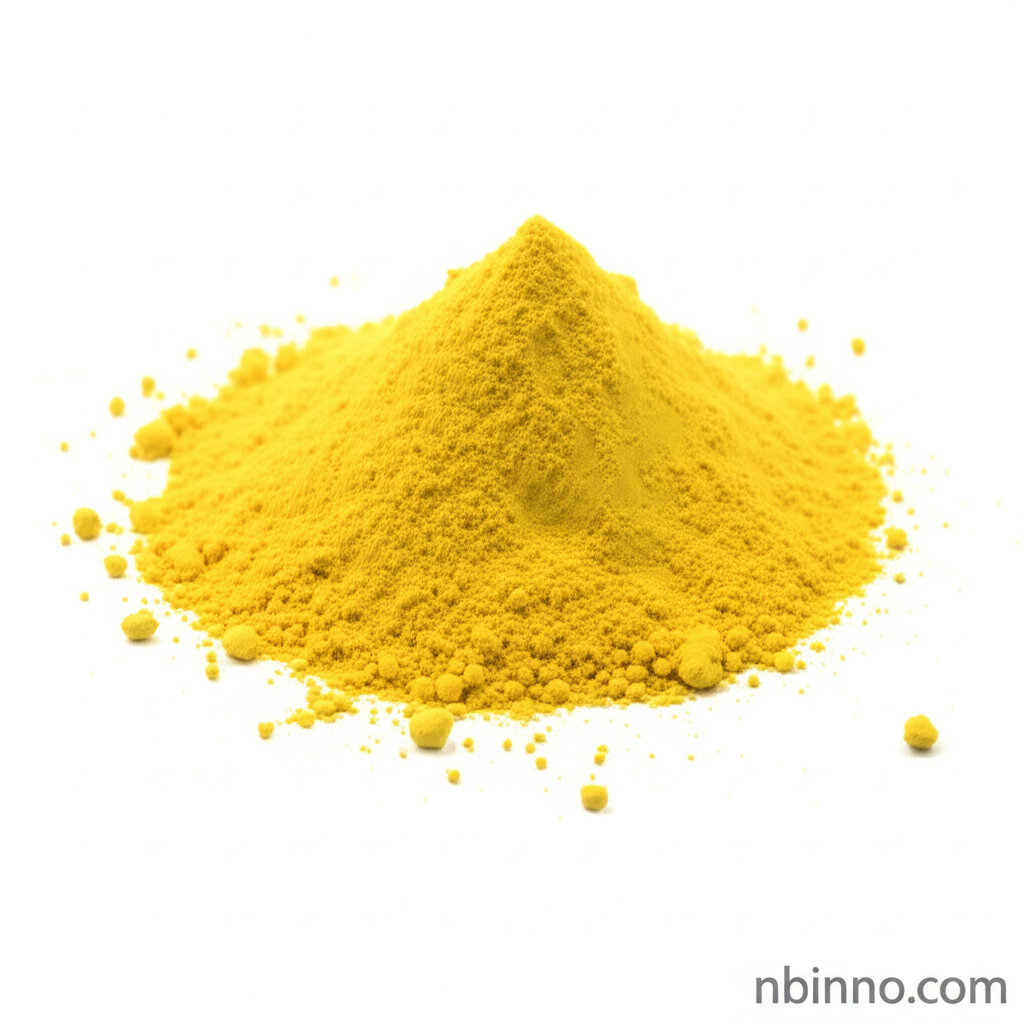Dibenzyl Diselenide: Synthesis, Reactivity, and Applications in Organic Chemistry and Biomedicine
Exploring the multifaceted roles of a key organoselenium compound in catalysis, medicine, and materials science.
Get a Quote & SampleProduct Core Value

Dibenzyl Diselenide
Dibenzyl diselenide is a crucial organoselenium compound with a diverse range of applications, stemming from its unique chemical structure and reactivity. It serves as a valuable reagent in organic synthesis, a potent antioxidant, and a promising agent in biomedical research.
- Discover the critical dibenzyl diselenide synthesis pathways and their impact on product yields and purity.
- Explore the diverse dibenzyl diselenide applications in catalysis and materials science.
- Understand the vital organoselenium compounds biological activity, focusing on antioxidant and anticancer effects.
- Learn about the role of dibenzyl diselenide catalysis in advancing organic transformations.
Key Advantages
Versatile Catalytic Properties
Dibenzyl diselenide acts as an effective catalyst in various organic reactions, including Baeyer-Villiger oxidations and cross-dehydrogenative functionalizations, enabling efficient bond formations.
Biomedical Potential
The compound exhibits significant antioxidant, anticancer, anti-inflammatory, and neuroprotective activities, making it a valuable subject for biomedical research.
Photochemical Reactivity
Its ability to undergo photochemical reactions opens avenues for controlled synthesis and novel applications in photochemistry, a key area for sustainable chemistry.
Key Applications
Organic Synthesis
Used as a reagent and catalyst for introducing selenium moieties and facilitating complex molecular constructions.
Anticancer Research
Shows promise in inhibiting cancer cell proliferation and inducing cell death pathways, offering new therapeutic avenues.
Antioxidant Therapy
Mimics glutathione peroxidase activity to protect cells against oxidative stress and damage.
Neuroprotection
Offers neuroprotective effects by mitigating oxidative stress and modulating neurotransmission in the central nervous system.
Related Technical Articles & Resources
Why Choose Us?
Leverage our expertise and state-of-the-art infrastructure to accelerate your journey from discovery to commercial success.
Global Experience
With 20 years of R&D, manufacturing, and sales experience, we proudly serve clients across 60 countries and regions worldwide.
Advanced Facilities
Our in-house R&D laboratory, pilot platform, and large-scale production workshop are equipped to meet the audit requirements of global customers.
Seamless Scalability
We facilitate a perfect transition from small-scale lab requirements (grams) to full commercialization (hundreds of tons).
